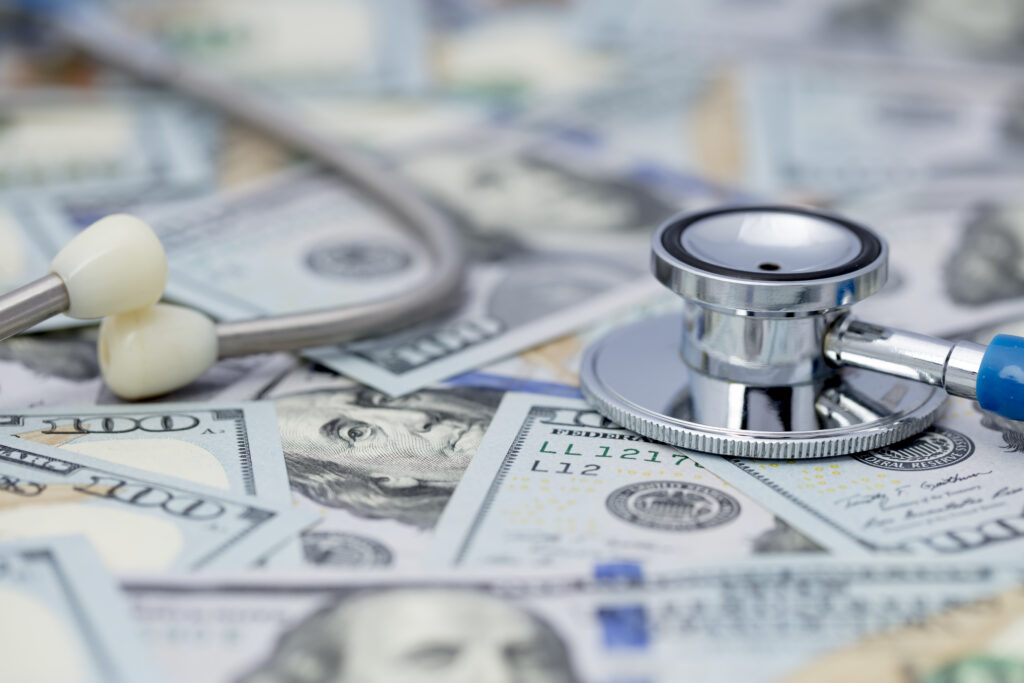
Medical debt can be overwhelming, but with the right strategies, you can take control of your finances and work toward a debt-free future. Whether you’re dealing with a large hospital bill or ongoing healthcare expenses, here are some best practices to help you manage and pay off medical debt effectively.
1. Review Your Medical Bills for Accuracy
Before making any payments, carefully review your medical bills to ensure they are correct.
- Request an Itemized Bill – This breakdown allows you to spot errors, duplicate charges, or services not received.
- Check Insurance Coverage – Verify that your insurance has covered the appropriate portion and that adjustments have been applied.
- Dispute Errors – If you find discrepancies, contact your healthcare provider or insurance company to request corrections.
2. Negotiate Your Medical Bills
Many healthcare providers are willing to negotiate medical bills, especially if you’re paying out of pocket.
How to Negotiate Your Medical Bills:
- Call the billing department and ask about discounts for upfront payments or financial hardship programs.
- Inquire about lower-cost payment arrangements or income-based reductions.
- Compare costs using online medical price comparison tools to ensure fair pricing. without adding extra funds.
3. Set Up a Payment Plan
- If you can’t pay your bill in full, most hospitals and clinics offer interest-free payment credit cards plans.
- Ask about extended repayment terms to lower monthly payments.
- Get the agreement in writing to avoid misunderstandings.
Avoid using credit cards unless necessary—many medical providers don’t charge interest, but credit cards do.
4. Explore Medical Debt Assistance Programs
There are nonprofit organizations and government programs that can help reduce or eliminate medical debt:
- Hospital Financial Assistance (Charity Care) – Many nonprofit hospitals offer financial aid for eligible patients.
- Medicade & State Assistance Programs – If you qualify, these programs may cover part or all your medical expenses.
- Patient Advocate Foundation – Organizations like the HealthWell Foundation or NeedyMeds assist with medical costs.
5. Consider a Medical Debt Consolidation Loan
If you have multiple medical bills and need a structured repayment plan, a low-interest personal loan may help:
- to compare loan terms before borrowing.
6. Protect Your Credit Score
Medical debt typically doesn’t impact your credit score right away, but unpaid bills can be sent to collections.
- Know Your Rights – the No Surprises Act protects against unexpected out-of-network bills.
- Monitor Your Credit Report – Check AnnualCreditReport.com for updates.
- Communicate with Creditors – If you’re struggling to make payments, reach out before your account is sent to collections.
7. Build an Emergency Fund for Future Medical Expenses
One of the best ways to prevent future medical debt is to save for unexpected healthcare costs.
- Consider opening a Health Savings Account (HSA) Savings Account (HSA) or Flexible Spending Account (FSA) to cover future expenses with tax advantages.
- Set aside a portion of your paycheck into a high-yield savings account specifically for medical costs.
Get Personalized Guidance
At IC Credit Union, we understand the stress that comes with medical debt. Our team can help you explore affordable repayment options, loan solutions, and financial planning strategies to regain financial stability.
Need Assistance? Contact us today to discuss the best approach for managing your medical debt.
